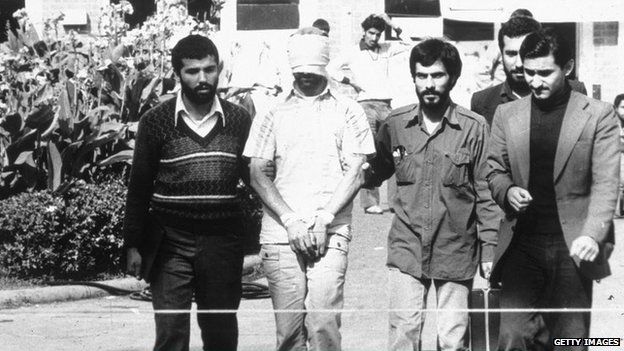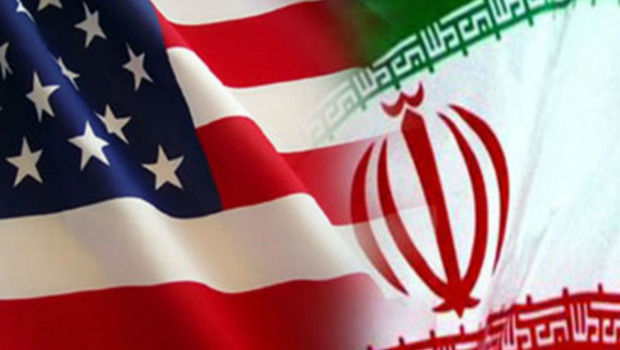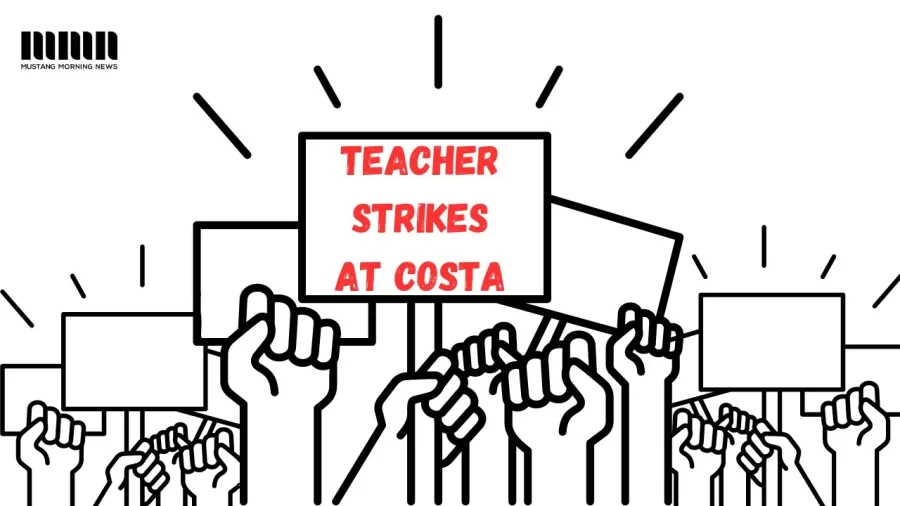In my latest blog from last year, I discussed the Iran Deal, and just when you thought you were done hearing about that, Iran plagues the 24 hour media cycle once again. We’re just a few weeks into 2016, and it already seems like it is going to be a big year for Iran-U.S. relations. The Iran prisoner swap after 14 months of top secret negotiations. The 10 U.S. Navy sailors captured and eventually freed by Iran. World powers lifting sanctions on Iran’s nuclear program. In that order. All in one week. So what’s the deal with Iran?
For the past three decades, the vast majority of American foreign policy has been centered around the Middle East, a region vital to American oil interests, but at the same time also a region of uncertainty. Currently, the Middle East is in the midst of a meltdown, facing the worst turmoil in its history. Syria, Iraq, Yemen, and Libya are in the midst of conflicts that could redefine the very nature of each of them as nations. These conflicts also pose threats to neighboring states like Jordan, Lebanon, and Turkey. The Israel-Palestine conflict remains messy. Tension runs high, regional politics are as complex as ever, and America is somehow in the middle of all of it, but it would take much more than one blog to explain it all, so let’s begin with the present, with the spotlight on Iran.
You’d think that a country 7,291 miles away from the U.S. would bear little significance, but the state of U.S.- Iran relations are quite the opposite. From the CIA-orchestrated overthrow of Iran’s prime minister in 1953 to the end of diplomatic relations after 52 Americans were taken hostage in 1980, the U.S. has always had tricky relations with Iran.
As a theocratic Islamic republic, Iran’s government is centered around Islamic criteria and beliefs, deeming it fundamentally different from the secular democratic republic we have in the United States, but despite our differences, Iran has always been central to American foreign policy. In 1883, the United States and Iran (then called Persia) were diplomatic collaborators, but in 1980, formal relations were broken after the Iranian-hostage crisis, during which Iranian militant students belonging to Iran’s Islamic Revolution seized the U.S. Embassy in Tehran and captured 52 American hostages, who were not freed until 444 days of captivity. So we broke up with Iran- no more conflict, right? Not exactly.

The thing about foreign policy is that it is one big, tangled web, especially when it comes to the Middle East. You could even go as far as to compare the international community to a family. All families are dysfunctional after all. You’ve got your brothers and sisters in the form of allies, crazy aunts and uncles in the form on nations we don’t get too involved with, then you have that one person that might be a distant cousin, might be a family friend, but somehow they’re always at family gatherings. That’s Iran- not directly related to the U.S., but very much involved with the U.S.
In a nutshell, here’s some key reasons why:
Both Iran and the United States are mutual members of international organizations, including the United Nations, International Monetary Fund, and World Bank. In other words, we have mutual allies and are expected to work together (to some degree) to uphold stability in the international community.
Over 20 percent of the world’s oil supply is transported daily through the Strait of Hormuz, which borders the north coast of Iran. In other words, Iran is a major player in global energy markets, and U.S.- Iran relations are linked to the energy interests of the international community.
So yes, we do have to play nice, but hey, it’s like pretending to be nice to that one cousin for the sake of not getting yourself in trouble, even though you have dirt on them. Just like Iran.
Along with the European Union, and the P5+1 partners (China, France, Germany, Russia, and the UK), the United States has had critical concerns over Iran’s nuclear program, sponsorship of terrorism, and human rights record. Furthermore, Iran is a key country in our interaction with the Muslim world, especially our allies, like Israel, who Iran has threatened and refused to recognize. The current Iranian government has also disrupted peace in the region and instead has caused violence in the Middle East, particularly in Syria, by arming militants. On the other hand, the U.S. and Iran are also bound together by the mutual threats posed to us, such as ISIS.
In other words, we have allies that feel threatened by Iran, whom we are expected to remain loyal to, but at the same time, we can’t screw Iran over either. No wonder family trees are so complicated.
The second week of 2016 has been a big week for Iran-U.S. relations-some say it’s a good thing, others say it’s a bad thing, but only time will tell.












